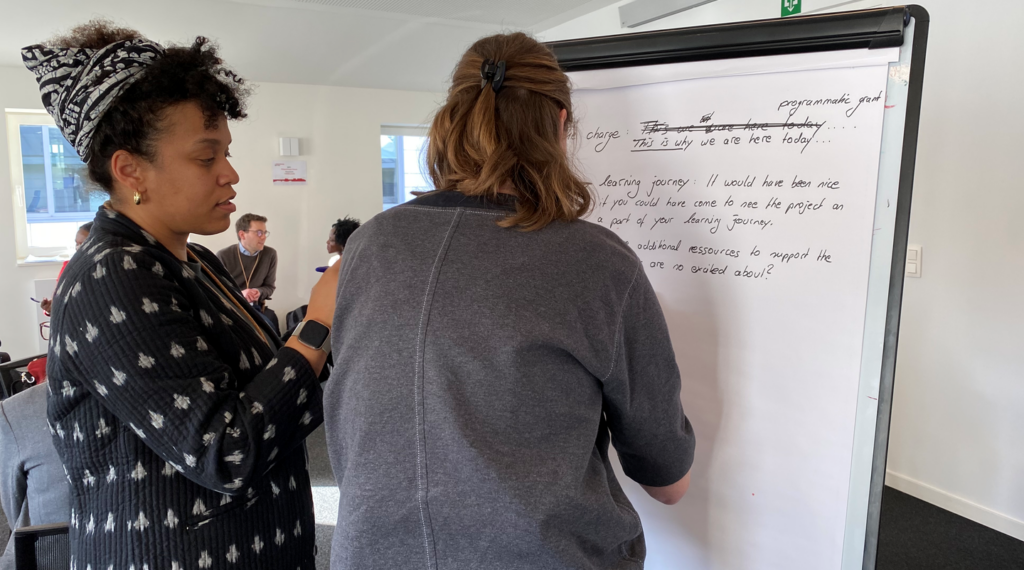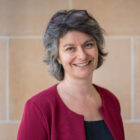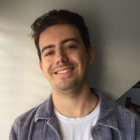Recognising organisational development (OD) support as a tool for transformation

“We know there is a lot we need to do, that we need to do it better, and do it faster, but we know that a better tomorrow is possible if we do it together…” Those were the words of Delphine Moralis, CEO of Philea, during the recent Philea Forum, which took place in Šibenik, Croatia. This is also reflective of the views of a growing number of philanthropic actors, who agree on the transformational potential of philanthropy in society. Yet many feel a significant piece of the puzzle is still missing – the “how.”
The Philea Organisational Development (OD) Community of Practice, a community of professionals coming together on all things “OD”, aims to explore the “how.” In our capacity as steering group member and coordinator of the community of practice, we wanted to share echoes and reflections from its first in-person event in March 2023 which centered on the issue of “power” and how it manifests in grantmaker-grantee relations.
Foundations are all confronted with their grantees’ internal capacity issues yet can be at a loss on how to best support them – and do so in a way that does not reinforce the existing imbalance of power. The event created a safe space to share challenges and hear from peers. Our objective was to give an experience of innovative methodologies that suit a wide variety of funders at different stages of their “OD journeys”: some fund and accompany comprehensive change processes such as strategy development, organisational restructuring, or internal systems upgrades, others provide more traditional capacity-building support, while some grantmakers do not yet provide any type of support. The community of practice steering group, in designing the event, was also interested in exploring the influence of the language that foundations use in the provision of OD or capacity-building support.
While all sessions were highly rated, two were particularly appreciated: participatory theatre (also known as forum theatre) and peer-coaching.
The participatory theatre session facilitated by Organisational Development Support (ODS) had participants script and then enact a typical needs assessment conversation foundations have with their grantees. Following two performances, which saw one group acting the scene and another providing feedback, the methodology allowed the group to name and identify problematic choices of language to then collectively construct alternatives. In their reflections, participants shared new insights of the onus being placed on the grantee and of the impact of the many assumptions grantmakers operate on. There was great enthusiasm to repeat the exercise in their own organisations, given how much was learned in just two hours.
The second highlight of the event was a peer-coaching session following a methodology developed by Denkmodell. The model is simple, yet powerful: one participant presented to a small group a challenge they face in supporting a grantee. Having answered a few clarifying questions, the “casegivers” were then asked to turn their chair around and listen to the other participants brainstorm potential ways forward. Being forced to listen deeply (i.e without responding) to diverse perspectives proved to be remarkably enlightening to all casegivers and again, many spoke of introducing peer-coaching sessions to their colleagues upon their return.
The discussions held in this first-person event showed that while organisational development support can help strengthen a grantee in its existing modus operandi, it can also become a powerful tool for transformation. Launching an OD process enables an often-needed dialogue about what works and doesn’t, how to best adapt programming and operations to a changing context, but also about whose needs are to be prioritised, what voices to include, and who gets to decide what and how. Such explorations can be delicate, they must be carefully thought out and facilitated to have a positive, maximised impact. Having dedicated funds and an external partner can help ensure they lead to the desired outcomes. This was also demonstrated at the 2022 peer-learning event PeaceNexus hosted for its international OD partners. Focused on “inclusion-driven, power-shifting organisational change processes”, its report provides useful guidance, following a previous one that explored strategy development as an entry point for transformation.
The peer-coaching exercise was so well received that it was used again at the satellite event at the Philea Forum this year in Šibenik organised by the OD Community of Practice. It embodies in many ways what the Community is all about: acknowledging challenges and bringing in all perspectives in finding ways to overcome them. We are encouraged by the sector’s growing interest in our work and in its potential. The adage says: “easy conversations, difficult life – difficult conversations, easy life”. As we resume with our offering of multi-format events, both online and offline, we will continue to explore ways we can enable the difficult yet necessary conversations our grantees, but also our own organisations and our sector at large are increasingly open to have. We hope you will join us on our learning journey.
Authors


